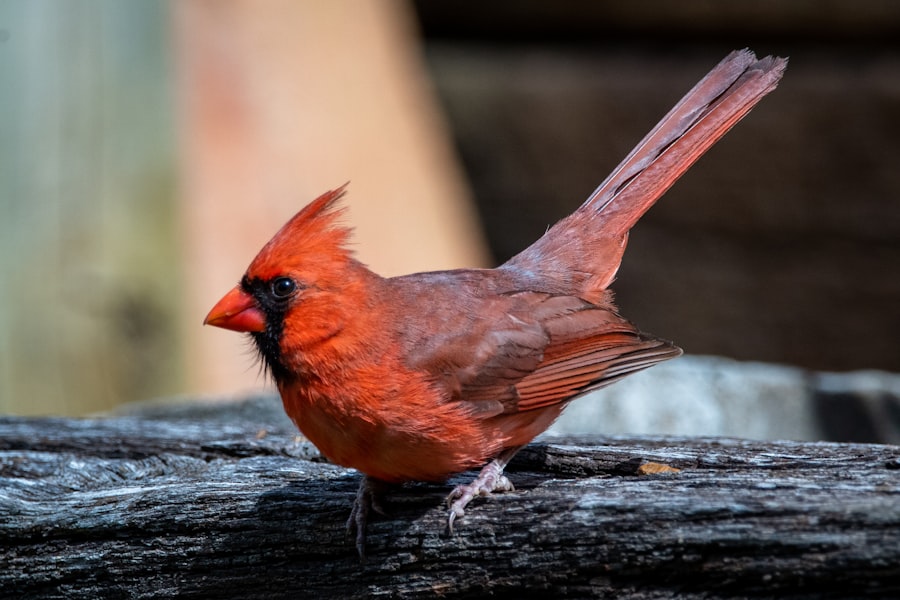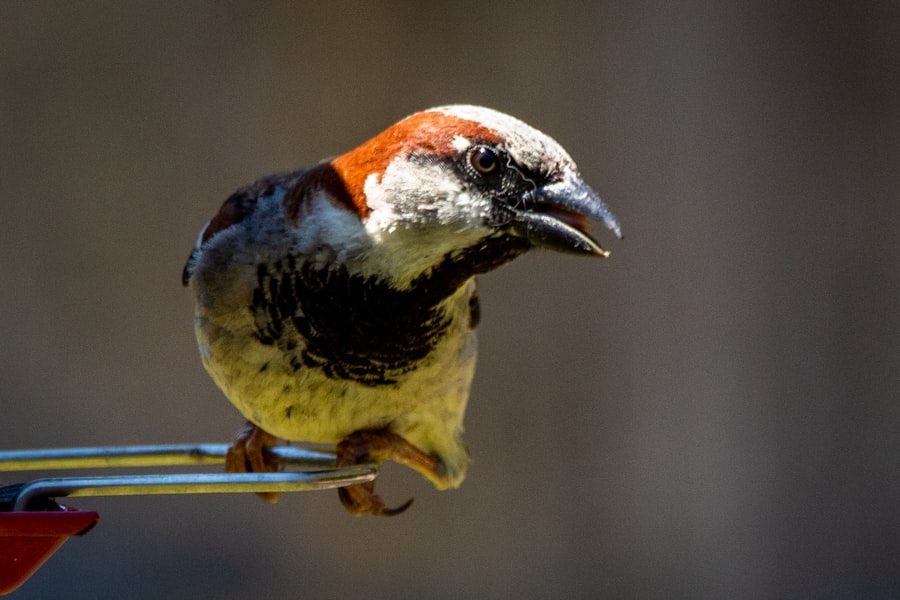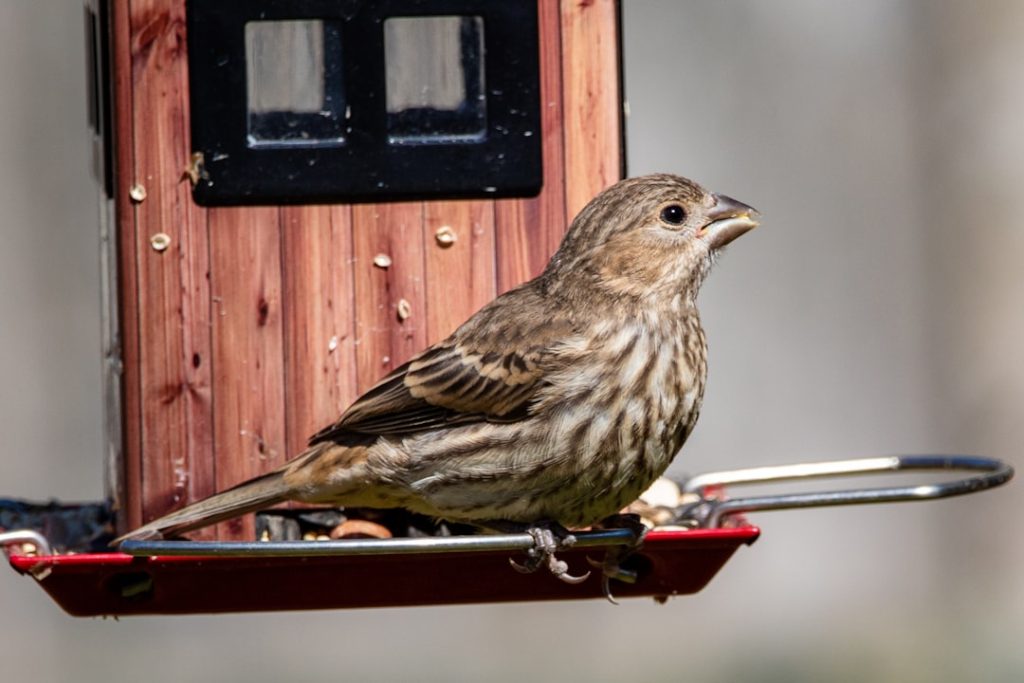Chicken keeping has gained popularity as a hobby across various living environments, from rural to urban settings. This practice offers several advantages, including access to fresh eggs, natural pest management, and the enjoyment of caring for sociable and amusing animals. Chickens are generally considered low-maintenance pets and can integrate well into many households.
However, prospective chicken keepers should be aware of the fundamental requirements and obligations associated with this endeavor before committing to it.
Table of Contents
Key Takeaways
- Keeping chickens can be a rewarding and enjoyable experience for both hobbyists and small-scale farmers.
- Adequate space and housing are essential for the well-being of chickens, with a minimum of 2-3 square feet per bird in the coop and 8-10 square feet per bird in the outdoor run.
- A balanced diet with access to fresh water, grit, and occasional treats is crucial for the health and productivity of chickens.
- Regular health checks, vaccinations, and access to veterinary care are important for preventing and managing common poultry diseases.
- Daily maintenance and cleaning of the coop, nesting boxes, and feeding areas are necessary to ensure a clean and hygienic environment for the chickens.
Space and Housing Requirements
Coop Requirements
The coop should be well-ventilated, predator-proof, and equipped with nesting boxes for the hens to lay their eggs. Additionally, a secure outdoor run or free-range area is necessary for the chickens to forage and exercise. Regular cleaning and maintenance of the coop and run are crucial to prevent the buildup of bacteria and parasites.
Housing Options
There are various housing options available, including pre-made coops, DIY designs, and repurposed structures such as sheds or playhouses. When designing or choosing a coop, it’s essential to consider the local climate and weather conditions. Chickens need protection from extreme temperatures, wind, and rain, so proper insulation, ventilation, and heating may be necessary in colder climates, while shade and cooling methods are essential in hotter regions.
Key Considerations
Ultimately, providing a safe and comfortable living environment is vital for the health and happiness of your chickens. By considering their spatial needs, providing a well-designed coop, and maintaining a clean and healthy environment, you can help ensure the well-being of your flock.
Feeding and Nutrition

Proper nutrition is essential for the overall health and productivity of chickens. A balanced diet should include a combination of commercial poultry feed, fresh water, and occasional treats. There are different types of poultry feed available, including starter, grower, layer, and broiler feeds, each formulated for specific stages of a chicken’s life.
It’s important to provide the appropriate feed for your chickens based on their age and purpose (e.g., egg-laying or meat production). Additionally, offering grit or oyster shells can help with digestion and provide essential calcium for laying hens. In addition to commercial feed, chickens can benefit from a variety of kitchen scraps and garden greens as treats.
However, it’s important to avoid feeding them anything toxic or harmful, such as avocado, chocolate, or raw beans. Fresh water should be available at all times, either through a gravity-fed waterer or automatic watering system. Regularly cleaning and refilling the water containers is crucial to prevent contamination and ensure hydration for the chickens.
Overall, providing a balanced and varied diet is key to keeping chickens healthy and happy.
Health and Veterinary Care
Maintaining the health of your chickens is an important aspect of responsible chicken keeping. Regular health checks, observation of behavior, and prompt intervention are essential for preventing and managing potential health issues. Common health concerns for chickens include parasites (e.g., mites, lice, worms), respiratory infections, egg binding, and injuries.
It’s important to familiarize yourself with the signs of illness in chickens and have a basic understanding of first aid and treatment options. Establishing a relationship with a poultry veterinarian is recommended for more serious health concerns or for routine check-ups. Vaccinations may also be necessary depending on the region and specific diseases prevalent in your area.
Additionally, practicing good biosecurity measures can help prevent the spread of diseases within your flock. This includes quarantining new birds before introducing them to your existing flock, regularly cleaning and disinfecting the coop and equipment, and limiting exposure to wild birds or other potential carriers of disease.
Daily Maintenance and Cleaning
Keeping a clean and well-maintained coop is essential for the health and comfort of your chickens. Daily maintenance tasks include checking for eggs, refilling water containers, and observing the chickens for any signs of illness or distress. Additionally, removing soiled bedding, droppings, and uneaten food from the coop on a daily basis can help prevent the buildup of bacteria and odors.
Weekly tasks may include deep cleaning of the coop, such as removing all bedding, scrubbing surfaces with a mild disinfectant, and allowing the coop to air out before adding fresh bedding. Regularly inspecting the coop for any signs of wear or damage is also important for ensuring its structural integrity and security. In addition to cleaning the coop, maintaining the outdoor run or free-range area is important for preventing the buildup of waste and parasites.
Rotating grazing areas or using movable fencing can help prevent overgrazing and keep the outdoor space healthy for the chickens.
Potential Challenges

Predator Protection
Predators such as foxes, raccoons, hawks, and even neighborhood dogs can pose a threat to your flock. It’s important to secure the coop and run with sturdy fencing, locks, and predator-proofing measures such as hardware cloth or electric fencing. Additionally, providing adequate shelter and supervision during free-ranging can help minimize the risk of predator attacks.
Noise and Odor Management
Another challenge that chicken keepers may face is the issue of noise and odor in urban or suburban areas. Roosters can be particularly noisy, so it’s important to check local ordinances and regulations regarding keeping roosters in your area. Proper coop maintenance and waste management can help minimize odors associated with chicken keeping.
Integrating New Birds
Finally, integrating new birds into an existing flock can be challenging due to pecking order dynamics and territorial behavior. Providing separate but adjacent living spaces for new birds to acclimate before introducing them to the existing flock can help reduce stress and aggression during the integration process.
Conclusion and Considerations
In conclusion, keeping chickens can be a fulfilling and enjoyable hobby with numerous benefits. However, it’s important to consider the space and housing requirements, feeding and nutrition needs, health and veterinary care responsibilities, daily maintenance tasks, potential challenges, and local regulations before embarking on this journey. By providing a safe and comfortable living environment, a balanced diet, regular health checks, proper maintenance, and proactive problem-solving, you can ensure the well-being of your flock and enjoy the rewards of fresh eggs and the companionship of these charming animals.
Before getting started with chicken keeping, it’s important to research local regulations regarding keeping chickens in your area. Some neighborhoods or municipalities may have restrictions on the number of chickens allowed, whether roosters are permitted, or specific zoning requirements for coops and runs. Additionally, connecting with local chicken keeping communities or online forums can provide valuable insights and support from experienced chicken keepers.
By considering these factors and being prepared for the responsibilities that come with chicken keeping, you can create a happy and healthy environment for your feathered friends while enjoying the many rewards they bring to your life.
If you’re considering keeping chickens, you may also be interested in learning about different chicken coop interior ideas. Check out this article for some creative and practical suggestions for designing a comfortable and functional living space for your feathered friends.
FAQs
What are the basic requirements for keeping chickens?
To keep chickens, you will need a suitable coop or housing, access to fresh water, proper nutrition in the form of chicken feed, and a safe outdoor space for them to roam and forage.
How much time and effort is required to care for chickens?
Caring for chickens requires daily attention, including feeding, watering, and collecting eggs. Additionally, regular cleaning of the coop and monitoring for signs of illness or injury is necessary.
Are there any legal restrictions or regulations for keeping chickens?
Many cities and towns have specific regulations regarding the keeping of chickens, including limits on the number of birds allowed and requirements for coop size and placement. It is important to check local ordinances before starting a chicken-keeping venture.
What are the benefits of keeping chickens?
Keeping chickens can provide a sustainable source of fresh eggs, natural pest control in the garden, and the opportunity to connect with nature and learn about animal husbandry.
What are some challenges of keeping chickens?
Chickens require protection from predators, such as raccoons and foxes, and may be susceptible to diseases and parasites. Additionally, proper waste management and odor control are important considerations for chicken owners.
Meet Walter, the feathered-friend fanatic of Florida! Nestled in the sunshine state, Walter struts through life with his feathered companions, clucking his way to happiness. With a coop that’s fancier than a five-star hotel, he’s the Don Juan of the chicken world. When he’s not teaching his hens to do the cha-cha, you’ll find him in a heated debate with his prized rooster, Sir Clucks-a-Lot. Walter’s poultry passion is no yolk; he’s the sunny-side-up guy you never knew you needed in your flock of friends!







